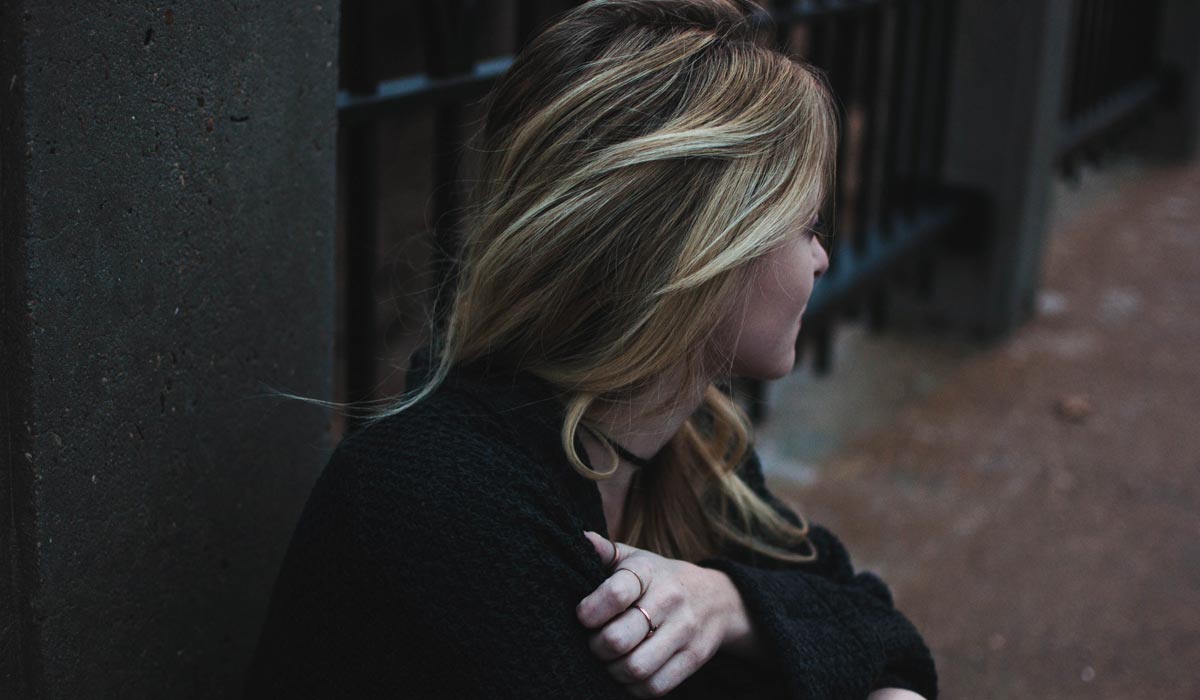The Blame Game

We blame because we feel we must, but what if blame was no longer required in our series of tasks to complete? How might our lives be changed?
I noticed the cashier was having trouble with the bulk food item I was trying to buy. I continued piling my items on the stand when she began to ask me questions: “Is it Manny’s mix? Is it $2.29 a pound?” I had no idea. She kept trying to figure out the mystery, and soon the woman bagging my groceries became involved too. The dreaded feeling of failure and blame jabbed its finger into my chest.
“I must have written the wrong item number on the tag,” I said. Each time they failed to find the item, I repeated, “I’m sorry; I must have written the wrong number.” Eventually this exchange with the sleuths at the cash register caused me to run to the bulk food section and take a photo of the name and item number.
When I returned, the mystery was still unsolved. I showed the cashier my phone, and she said, “Oh, you wrote down the right number; it’s just not in our system yet.” I replied, “I thought it was my fault.” She quickly responded, “Everybody always thinks it’s their fault!” Really? It’s not just me that goes to fear and blame? Is this how all of us go through life?
Last week, I awoke with such joy. Dan and I reflected on the goodness of our summer and our current life, and we were overwhelmed with gratitude. So many good things had happened and were happening. It felt important to name our blessings and relish in the beauty of the day and our lives. We felt so joyful that we wondered if there would be retaliation for our happiness. You know, goodness like that just doesn’t last. Too much joy certainly will cause the kingdom of darkness fury. Sure enough, the very next day fear returned.
Dan and I went to an outdoor concert with family and friends to celebrate his birthday. At the concert one of our grandsons, Van, was unable to put weight on his foot. The next day his other foot was in pain. The following day he could not walk at all! “What’s wrong with him?” I wondered. “Why are his parents taking him to their pediatrician? Why are they not rushing to Children’s Hospital?”
Questions continued to flood my mind: Why trust the first diagnosis? Is it because of me? Is it from my genes that this is happening? I felt like I was a fool to be so alive with joy. “Mockery haunts me. I should have realized trouble would come knocking,” I thought.
It was a very long week as we waited for the diagnosis. Dan and I didn’t want to bring more hardship to our daughter and son-in-law. The last thing they needed was to manage the grandparents and their fear. So, we prayed. We sent out an email so friends could pray. We read different possibilities for why Van couldn’t walk. One day, he was even unable to move one of his arms. We couldn’t believe what our grandson was suffering, and we cried.
Some moments we were overcome with fear. Some moments we hung on to hope. Some moments we were furious at the pediatrician who gave him the wrong diagnosis and then left town. Some moments time stood still.
What we both noticed was how much work it took to not turn to finding fault, especially blaming one’s self. In the face of uncertainty, it seems easier to slide to contempt than to wait and to remain open to what will unfold.
We now know our grandson’s diagnosis—HSP (Henoch-Schonlein purpura [HSP], a form of blood vessel inflammation or vasculitis). It is easier now not to turn to catastrophic blame, but it is a daily, if not hourly, battle.
Years ago we were in Dublin and met a wise Irish man. I don’t recall too much of our conversation, but I do remember that he said, “Only Americans expect things to go well. Most of the people in the world don’t expect things to work out.” The result of the idealized expectation of constant goodness is that when things don’t work out, we need someone to blame.
It is said that there is no certainty in life but taxes and death. I’d like to add a third—blame. Our world is broken and filled with broken people. There are so many uncertainties in life. There are so many dreams that never come true. In our journey of being human, we either blame ourselves or someone else.
What if blame was swallowed up in love? What if all blame was absorbed and taken by the Beloved who never fails?
There is one truth I need more than any other in these days: “Therefore, there is now no condemnation for those who are in Christ Jesus” (Romans 8:1a). Seldom do I know what to do to right the course of my day, and rarely can I simply snap myself out of worry. However, I can militantly stand against blame, knowing it is not only my greatest temptation, but it is also the way evil wants to turn heartache even darker.
It doesn’t take away our struggle for our grandson. It doesn’t make it easier to figure out the cost of bulk produce when it is not in the system. But it does enable me to stand against an easy out when I am tempted to suffer my own assault.
This post originally appeared on Red Tent Living.
